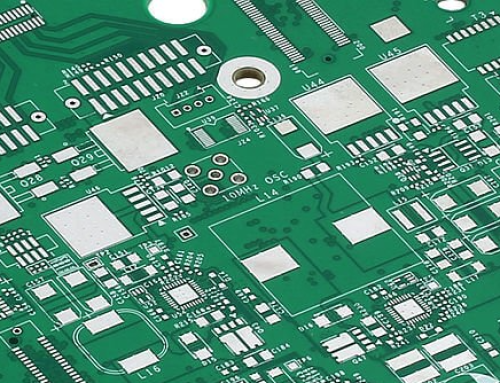The differences between ERP and MES
This article compares the roles of ERP and MES systems in enterprises in terms of functions, scope, data types, and target audiences.
The differences between ERP and MES
ERP (Enterprise Resource Planning) and MES (Manufacturing Execution System) are enterprise information
systems, but they focus on different aspects.

The ERP system mainly focuses on the enterprise's resource management, including
finance, human resources, supply chain management, production management, etc.
The ERP system improves the company's operational efficiency and decision-making level by
integrating its business processes.
The MES system mainly focuses on the execution management of the production site,
including production planning management, production scheduling, production monitoring, quality control,
equipment management, etc.
The MES system improves production efficiency and product quality by collecting, analyzing, and
providing feedback on real-time data from the production site.
Scope and Functions
ERP system: The ERP system covers the entire business scope of the enterprise,
including finance, human resources, procurement, sales, inventory management, etc.
ERP system: The primary responsibility is to achieve information integration and
collaboration between different departments to support comprehensive enterprise resource management and
decision-making.
MES system: The MES system focuses more on the real-time management of manufacturing
and production processes.
MES system: It includes functions such as production site monitoring, process control,
quality management, equipment management, and production operation scheduling.
MES system: The main task is to optimize the production flow and improve production
efficiency and product quality.
Key time
ERP system: ERP usually focuses more on medium- and long-term planning, strategic
decision-making, and overall enterprise performance. It can handle large-scale data and resource
planning but is weak in real-time performance.
MES system: The MES system emphasizes the real-time of the production site to meet
actual production needs. It can collect and analyze real-time production data to help managers make
instant decisions.
Type of data
ERP system: ERP mainly handles enterprise management and transaction data, such as
orders, inventory, financial statements, etc.
MES system: MES mainly involves production process data, such as equipment status,
process parameters, worker performance, and quality control data.
Target Audience
ERP system: mainly serves senior management and different departments within the
enterprise to support strategic planning and decision-making.
MES system: mainly for production personnel, engineers, and operators, assisting in the
actual production process management.
Integration and interoperability
ERP and MES systems can communicate through data interface or integration.
ERP can provide production planning and inventory data for MES, while MES can provide production and
quality data to ERP.
This interoperability helps maintain information consistency and collaborative work, thereby improving
productivity.
The following are the specific differences between ERP and MES systems (listed in table form)
| Dimensions | ERP | MES |
| focus point | Enterprise Resource Management | Production Execution Management |
| mainly function | Financial, human resource, supply chain,production management | Production planning management, production scheduling, production monitoring, quality control, equipment management |
| Application | Corporate Headquarters | Production site |
| Difficulty | Higher | Lower |
| System Cost | Higher | Lower |
In summary, ERP and MES systems play different roles within an enterprise.
ERP focuses on comprehensive enterprise resource management and decision support, while MES focuses on
real-time production site management to improve production efficiency and quality.
Their collaboration and intercommunication can provide enterprises with more complete production
management solutions.
related Posts
Contact us
WhatsApp: +86-18123905375
Wechat: +86-18123905375
Skype: ali_youte
Email: sales@highqualitypcb.com




